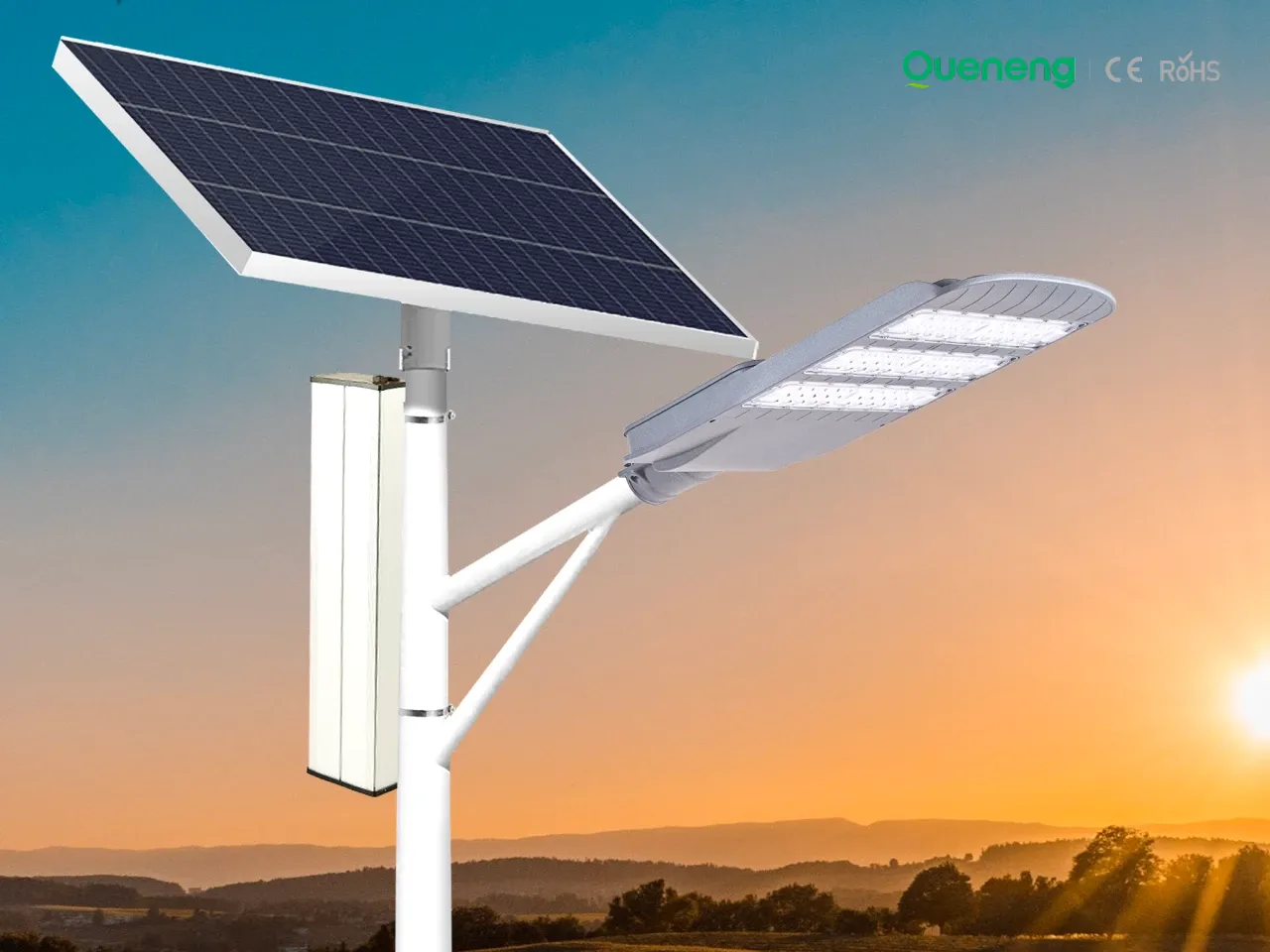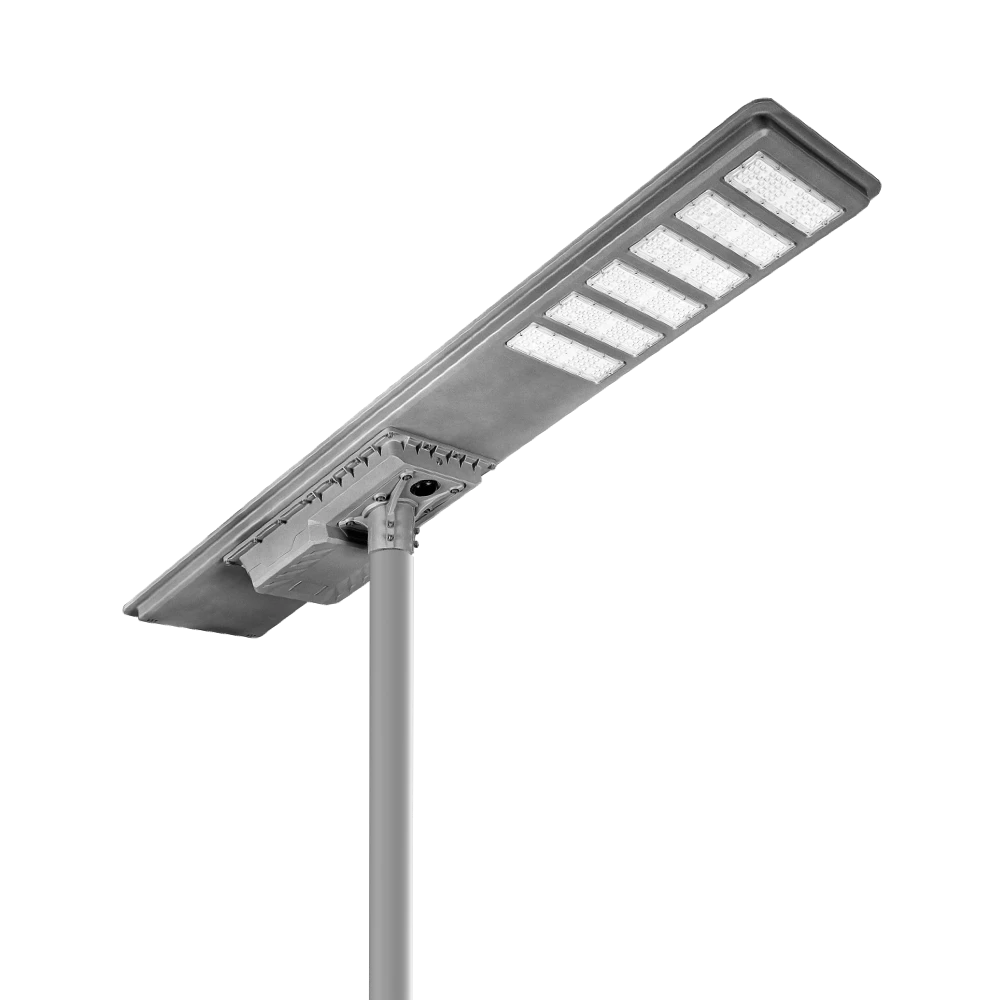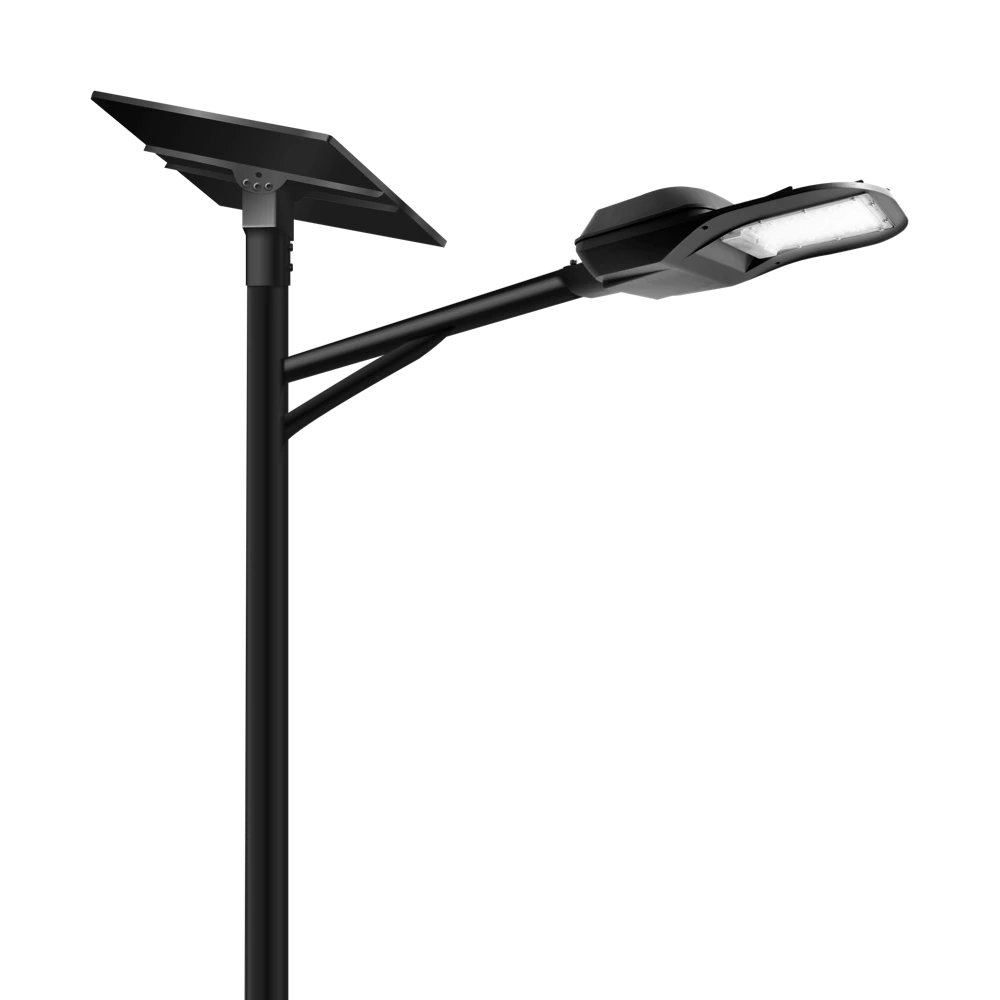OEM LiFePO4 battery solar lights | Quenenglighting Expert Guide
Unlocking the Power of OEM LiFePO4 Batteries for Solar Lights: A Buyer's Guide
As the solar lighting industry continues its rapid expansion, the choice of battery technology remains paramount for performance, longevity, and cost-effectiveness. OEM LiFePO4 (Lithium Iron Phosphate) batteries have emerged as the gold standard for solar lights, offering significant advantages over traditional battery types. For industry professionals looking to procure high-quality, reliable solar lighting components, understanding the nuances of LiFePO4 batteries is crucial. Here, we address the top 5 questions users often ask when considering OEM LiFePO4 batteries for their solar lighting projects.
1. Why is LiFePO4 the preferred battery technology for solar lights compared to others?
LiFePO4 batteries offer a compelling combination of features that make them ideal for solar lighting applications. Their superior characteristics address many limitations of older battery technologies:
- Extended Cycle Life: LiFePO4 batteries boast a significantly longer cycle life, typically ranging from 2,000 to 8,000 cycles to 80% Depth of Discharge (DoD), depending on specific usage conditions. In contrast, lead-acid batteries offer only 300-500 cycles, and NiMH batteries around 500-1000 cycles. This translates to a lifespan of 5-10+ years for LiFePO4 in solar lighting, drastically reducing maintenance and replacement costs.
- Enhanced Safety: LiFePO4 chemistry is inherently more stable and less prone to thermal runaway compared to other lithium-ion chemistries. They are non-flammable and non-explosive under extreme conditions, making them safer for outdoor installations.
- Wide Operating Temperature Range: While performance can be affected, LiFePO4 batteries generally operate well across a broader temperature spectrum, typically discharging efficiently from -20°C to 60°C. Charging, however, is best done above 0°C to prevent lithium plating, a crucial aspect managed by a robust Battery Management System (BMS).
- Consistent Voltage Output: They maintain a very stable discharge voltage throughout most of their capacity, ensuring consistent light output from the solar fixture.
- High Energy Density & Lightweight: While not as dense as NMC, LiFePO4 still offers a high energy-to-weight ratio compared to lead-acid, making solar lights lighter and easier to install.
- Low Self-Discharge Rate: With a self-discharge rate of only about 3-5% per month, LiFePO4 batteries retain charge well during periods of low solar irradiation or storage.
2. What is the typical lifespan of an OEM LiFePO4 battery in solar lights, and what factors influence it?
The typical lifespan of an OEM LiFePO4 battery in solar light applications can range from 5 to 10+ years. This longevity is primarily due to their high cycle count capability. However, several critical factors influence their actual lifespan:
- Depth of Discharge (DoD): Deeper discharges (e.g., regularly draining to 100% DoD) reduce the total cycle life. Operating at shallower DoD (e.g., 50% DoD) can significantly extend the battery's life, sometimes doubling or tripling the total cycles. For instance, a battery rated for 2,000 cycles at 100% DoD might achieve 5,000 cycles at 80% DoD or even more at 50% DoD.
- Operating Temperature: Extreme temperatures (both very high and very low) can accelerate degradation. Continuous operation above 45°C or charging below 0°C without proper thermal management or heating elements will shorten lifespan. The optimal operating range for longevity is typically between 15°C and 35°C.
- Charge and Discharge Rates (C-Rate): High charge/discharge rates can generate more heat and stress the battery, slightly reducing lifespan. Solar lighting applications generally use moderate C-rates, which is beneficial.
- Battery Management System (BMS) Quality: A high-quality BMS is indispensable. It protects the battery from overcharge, over-discharge, over-current, short-circuit, and extreme temperatures, while also balancing cell voltages. A well-designed BMS significantly extends battery life by preventing damaging conditions.
- Sizing and Autonomy: Proper sizing of the battery relative to the solar panel and light's power consumption, ensuring sufficient autonomy days (e.g., 3-5 days without sun), prevents constant deep discharges and optimizes battery health.
3. How do I calculate the required LiFePO4 battery capacity (Ah) for my solar light application?
Accurate battery capacity calculation is essential to ensure reliable operation and longevity of your solar lights. Here's a simplified method for a typical 12.8V LiFePO4 battery system:
Steps:
- Determine Daily Energy Consumption (Wh):
Daily Wh = Light Power (Watts) × Hours of Operation per Night
Example: For a 30W light operating for 12 hours per night:
Daily Wh = 30W × 12h = 360 Wh - Account for Autonomy Days: Decide how many days the light needs to operate without solar charging (e.g., cloudy days).
Total Wh Needed = Daily Wh × Number of Autonomy Days
Example: For 3 days autonomy:
Total Wh Needed = 360 Wh/day × 3 days = 1080 Wh - Calculate Battery Capacity in Amp-hours (Ah):
Required Ah = Total Wh Needed / Battery Nominal Voltage (V)
For a 12.8V LiFePO4 battery:
Required Ah = 1080 Wh / 12.8V ≈ 84.375 Ah - Consider System Efficiency and DoD: Factor in inefficiencies (e.g., 10-20% losses from charge controller, wiring) and ensure you don't always discharge to 100% DoD to maximize lifespan. It's often recommended to size for only using 80% of the battery's nominal capacity.
Final Required Ah = (Required Ah from Step 3) / (System Efficiency Factor × Max DoD Percentage)
Example: If system efficiency is 90% (0.9) and you aim for 80% DoD (0.8):
Final Required Ah = 84.375 Ah / (0.9 × 0.8) = 84.375 Ah / 0.72 ≈ 117.19 Ah
Therefore, for this example, a 12.8V LiFePO4 battery of approximately 120Ah would be appropriate.
4. What crucial safety features and certifications should I look for in OEM LiFePO4 battery packs for solar lights?
Safety and compliance are paramount when sourcing OEM LiFePO4 battery packs. A high-quality pack will incorporate several essential features and hold relevant certifications:
- Battery Management System (BMS): This is the brain of the battery pack. A robust BMS provides crucial protections:
- Overcharge Protection: Prevents cells from being charged beyond their safe voltage limit (e.g., 3.65V per cell).
- Over-discharge Protection: Prevents cells from being discharged below their safe voltage limit (e.g., 2.5V per cell), which can cause irreversible damage.
- Over-current Protection: Shuts off the battery if the discharge current exceeds a safe limit.
- Short-circuit Protection: Instantly cuts power in case of a short.
- Temperature Protection: Monitors internal temperature and cuts off charging/discharging if temperatures are too high or too low (especially crucial for charging below 0°C).
- Cell Balancing: Ensures all cells in the pack maintain similar voltage levels, which is vital for maximizing capacity and extending overall pack life.
- Enclosure & IP Rating: For outdoor solar lights, the battery pack's enclosure must be robust and have an appropriate Ingress Protection (IP) rating (e.g., IP65 or higher) to protect against dust and water ingress.
- Certifications: Look for internationally recognized certifications that attest to product quality, safety, and environmental compliance:
- CE: Conforms to European safety, health, and environmental protection standards.
- RoHS: Restricts the use of hazardous substances.
- UL (e.g., UL 1973 for stationary batteries): North American safety certification, highly regarded.
- UN38.3: Mandatory for the safe transport of lithium batteries, confirming they have passed various safety tests.
- MSDS (Material Safety Data Sheet): Provides comprehensive information about the substance.
5. How does temperature affect LiFePO4 battery performance in solar lights, especially in extreme climates?
Temperature significantly impacts LiFePO4 battery performance and lifespan, a critical consideration for solar lights deployed in diverse climates:
- High Temperatures (>45°C): While LiFePO4 is more thermally stable than other lithium chemistries, prolonged exposure to high temperatures accelerates capacity fade and reduces overall lifespan. For every 10°C increase above optimal (25°C), the lifespan can be halved. Manufacturers often design solar light enclosures to dissipate heat effectively.
- Low Temperatures (<0°C for Charging): This is a critical concern. Charging LiFePO4 batteries below 0°C (32°F) can lead to lithium plating on the anode, causing irreversible damage, reduced capacity, and a potential safety hazard. A quality BMS will prevent charging in freezing conditions. Some high-end battery packs for extreme cold environments incorporate internal heating elements that activate when external power (from the solar panel) is available, warming the cells to a safe charging temperature before allowing current to flow.
- Low Temperatures (<-20°C for Discharging): While discharge is generally safer at low temperatures, the battery's available capacity will be temporarily reduced. For example, at -20°C, a LiFePO4 battery might only deliver 70-80% of its nominal capacity. Performance returns to normal once the temperature rises.
- Optimal Temperature Range: For maximum lifespan and performance, LiFePO4 batteries perform best when operating within 15°C to 35°C.
When selecting OEM LiFePO4 batteries for solar lights, it's crucial to discuss the intended operating environment with your supplier to ensure the battery pack is designed or equipped to handle the specific thermal challenges.
In conclusion, choosing the right OEM LiFePO4 battery is pivotal for the success and longevity of any solar lighting project. Understanding these key aspects – from chemical advantages and lifespan factors to accurate sizing, critical safety features, and temperature management – empowers you to make informed procurement decisions.
Quenenglighting: Your Trusted Partner in Solar Lighting Solutions
As a leading provider in the solar lighting industry, Quenenglighting stands out by offering:
- High Quality Quality LiFePO4 Batteries: We integrate high-grade LiFePO4 cells with advanced BMS for optimal performance, safety, and longevity.
- Custom OEM/ODM Capabilities: We specialize in tailored battery pack designs to meet your specific solar lighting project requirements, from capacity and voltage to physical dimensions and connector types.
- Rigorous Testing & Certifications: All our products undergo strict quality control and possess essential international certifications (CE, RoHS, UN38.3, etc.), ensuring reliability and compliance.
- Expert Technical Support: Our experienced R&D team provides professional guidance for battery sizing, integration, and troubleshooting, ensuring seamless project execution.
- Robust Environmental Performance: Our battery solutions are designed to perform reliably across a wide range of operating temperatures, suitable for diverse global climates.
Partner with Quenenglighting for durable, high-performance OEM LiFePO4 battery solutions that power the future of solar lighting.

Have more questions about our products or services?
The latest hot news you might like



A comprehensive 2026 guide to solar street light pricing. Covers commercial installation costs, LiFePO₄ battery trends, smart IoT features, and a detailed ROI comparison against traditional grid lighting.

A comprehensive 2026 outlook on integrated solar street lights, featuring performance benchmarks like bifacial panels, LiFePO₄ batteries, and Smart City IoT integration for maximum ROI.
FAQ
Solar Street Light Luan
What is the lifespan of Luan solar street lights?
Luan solar street lights have an impressive lifespan. The LEDs can last up to 50,000 hours, and the solar panels can perform efficiently for 25 years or more. The batteries typically last 3 to 5 years, depending on usage and environmental conditions, ensuring long-term value.
Remote Areas Rural Development
How long does it take to install solar streetlights in a rural area?
Installation time varies, but on average, it takes about 2-3 hours per light, with complete project timelines depending on the scale and terrain.
Solar Street Light Lufeng
What type of LED technology does Lufeng solar street lights use?
Lufeng solar street lights use advanced LED technology, which provides bright, high-quality illumination while consuming less power compared to traditional street lights. LEDs are more energy-efficient, have a longer lifespan, and require less maintenance, making them ideal for outdoor lighting applications.
Solar Street Light Lulin
What makes Lulin solar street lights high-performance and energy-saving?
Lulin solar street lights are designed with high-efficiency solar panels and cutting-edge LED technology, providing optimal brightness with minimal energy consumption. The LED lights consume less power while offering superior illumination, and the solar panels capture and store sunlight efficiently, ensuring the lights perform well even in low sunlight conditions.
Solar Street Light Luhua
What is the environmental impact of installing Luhua solar street lights?
Installing Luhua solar street lights significantly reduces the environmental impact by decreasing reliance on fossil-fuel-powered electricity. By harnessing solar energy, these lights help cut down on carbon emissions, contributing to a greener, more sustainable environment. Additionally, the use of energy-efficient LED lights reduces electricity consumption, further supporting environmental goals.
Sustainability
If the light or battery fails, can it be replaced individually?
Yes. Queneng’s solar street lights are designed with a modular structure, so components such as photovoltaic panels, batteries, lights, and controllers can be replaced individually, making maintenance convenient and cost-effective.

Introducing the Luqing Solar Street Light by Queneng, Efficient LED lighting powered by solar energy is perfect for illuminating outdoor areas. Harness the power of solar energy for sustainable, reliable street lighting. Ideal for eco-friendly, cost-effective outdoor illumination solutions.

Queneng's Luxian Reliable Solar Street Light offers energy-saving LED lighting for outdoor use. This durable, solar-powered street light provides reliable illumination, reducing energy costs and environmental impact. A perfect solution for sustainable outdoor lighting.

The Solar Streetlights of Luhao for Municipalities are designed to deliver reliable, energy-efficient, and cost-effective public lighting solutions. Equipped with advanced LED technology, durable lithium batteries, and high-efficiency solar panels, these streetlights provide consistent illumination for roads, parks, residential areas, and government projects.

Queneng's Luqiu Innovative Solar Street Light offers energy-saving, durable outdoor lighting. This solar power street light provides a reliable and eco-friendly solution for illuminating your streets and pathways.


Lubai is an integrated solar street light designed for stable, long‑term outdoor lighting in off‑grid and weak‑grid areas. Combining a high‑efficiency solar panel, LiFePO₄ battery, and intelligent motion sensing, Lubai delivers reliable illumination with low maintenance and fast installation.
If you would like more information about Queneng solar lighting solutions, please send us a message by filling out the form below. Our professional team will get back to you within 24 hours!
Rest assured that your privacy is important to us, and all information provided will be handled with the utmost confidentiality.
Schedule a Meeting

Book a date and time that is convenient for you and conduct the session in advance.
Have more questions about our products or services?





















